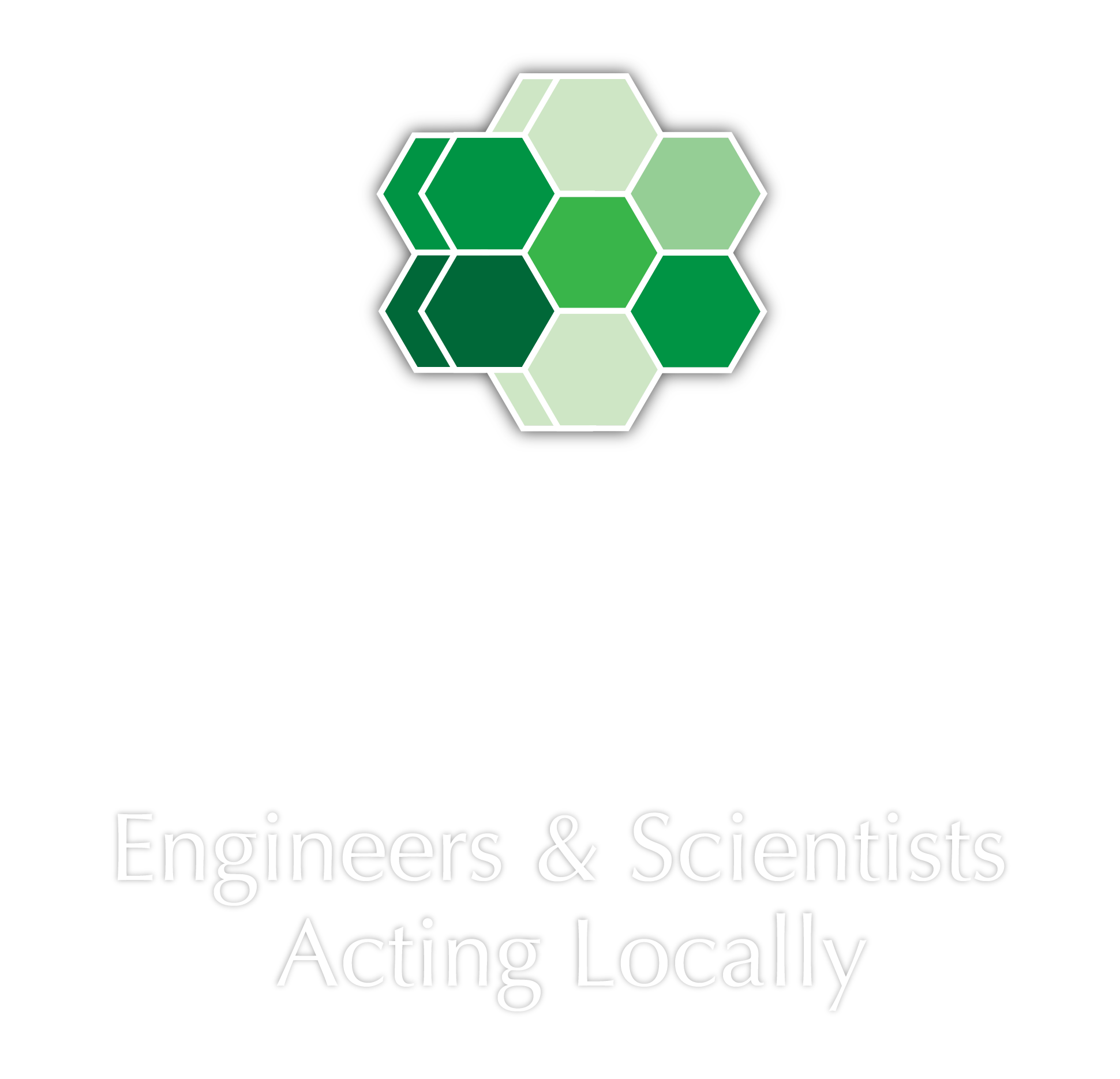ESAL spoke with Kelly Oten, an assistant professor at NCSU, to the North Carolina Bradford Pear Bounty's goals and its collaboration with North Carolina State University (NCSU) Extension, and the state’s Forest Service, Urban Forest Council, and Wildlife Federation to remove the ‘Bradford’ pear, an invasive and nuisance species in the South.


